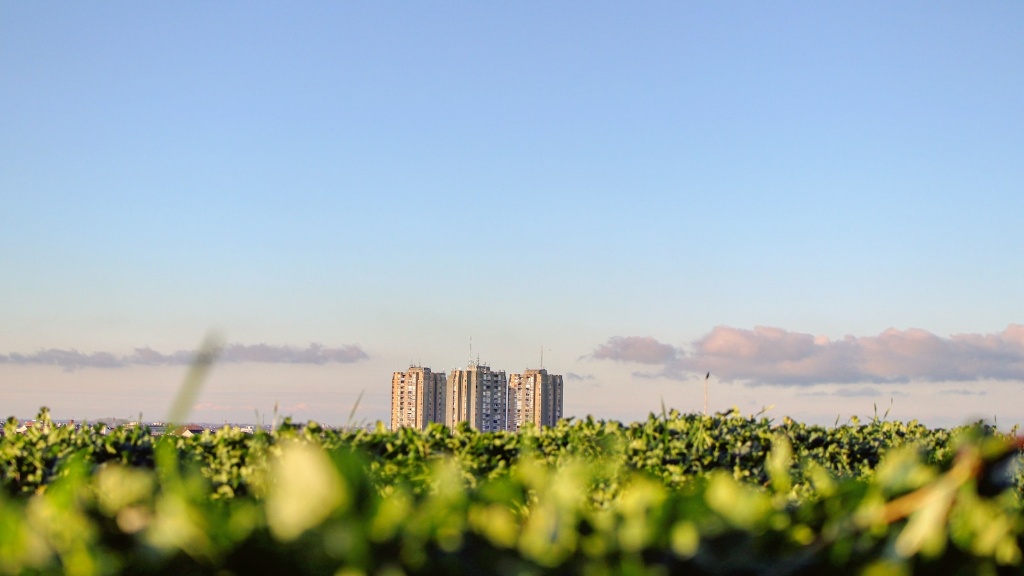Global warming is having a devastating effect on polar bears, ultimately threatening their very existence on the planet. Although the impacts of climate change are inescapable worldwide, the harsh Arctic environment bears the brunt of their effects in the form of rising ocean temperatures and melting ice sheets. This has had a direct and wide-reaching effect on the polar bear population and its long-term survival.
Polar bears depend on sea ice to hunt seals, as well as to travel and breed throughout the Arctic region. As global temperatures rise, sea ice is diminishing and breaking up earlier each spring, depriving polar bears of their primary food source and pathways. Unless they are able to find alternate sources of food and travel, the polar bear population is likely to become increasingly selective and isolated, leading to a widespread shift in their diet and lifestyle.
Furthermore, the warming ocean temperatures are likely to lead to a change in prey availability due to migration of species farther north than polar bears can reach. For example, seals migrate to cooler waters, leaving polar bears without their preferred food source. This is also influencing the migratory pattern of polar bears, as they seek out better food sources or move towards cooler waters. Not only does this put them in regions where their presence may be unwelcome or unacknowledged, it also introduces inter-species competition for food and resources.
In addition, the melting of sea ice is altering the habitat of polar bears, creating more open water areas which are not suitable for hunting or rest. Due to this, some polar bear populations are becoming more compact and restricted to a smaller area than in previous generations. This not only impedes their ability to travel and hunt, but also puts them at higher risk of inbreeding and disease.
Climate change is like no other environmental issue – it affects all living organisms in a variety of negative ways. The polar bear is a prime example of how global warming can be incredibly detrimental, and its effects on a species’ ability to survive in its native habitat cannot be overstated. Without our intervention, these majestic creatures stand to lose their ability to hunt freely and reproduce in their native habitat, placing them at risk of extinction.
Simply put: to prevent the extinction of polar bears, we must take action to combat climate change. This means reducing emissions, practicing sustainable development and living in harmony with nature. We must also prioritize ensuring that local protection measures are in place to ensure the safe migration of polar bears while they still can.
We owe it to the polar bears—and to the entire planet—to make every effort to secure their future. The fate of these beautiful creatures is in the hands of humans, and only through our collective determination and concerted action can we ensure that they will be around for centuries to come.

